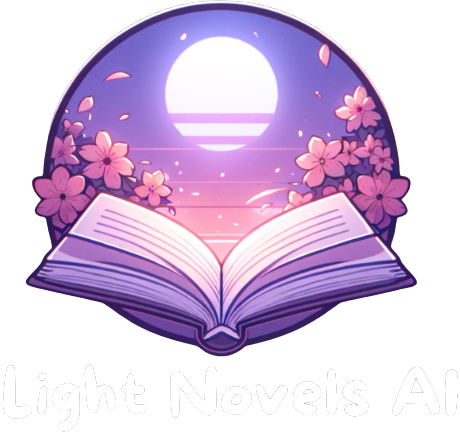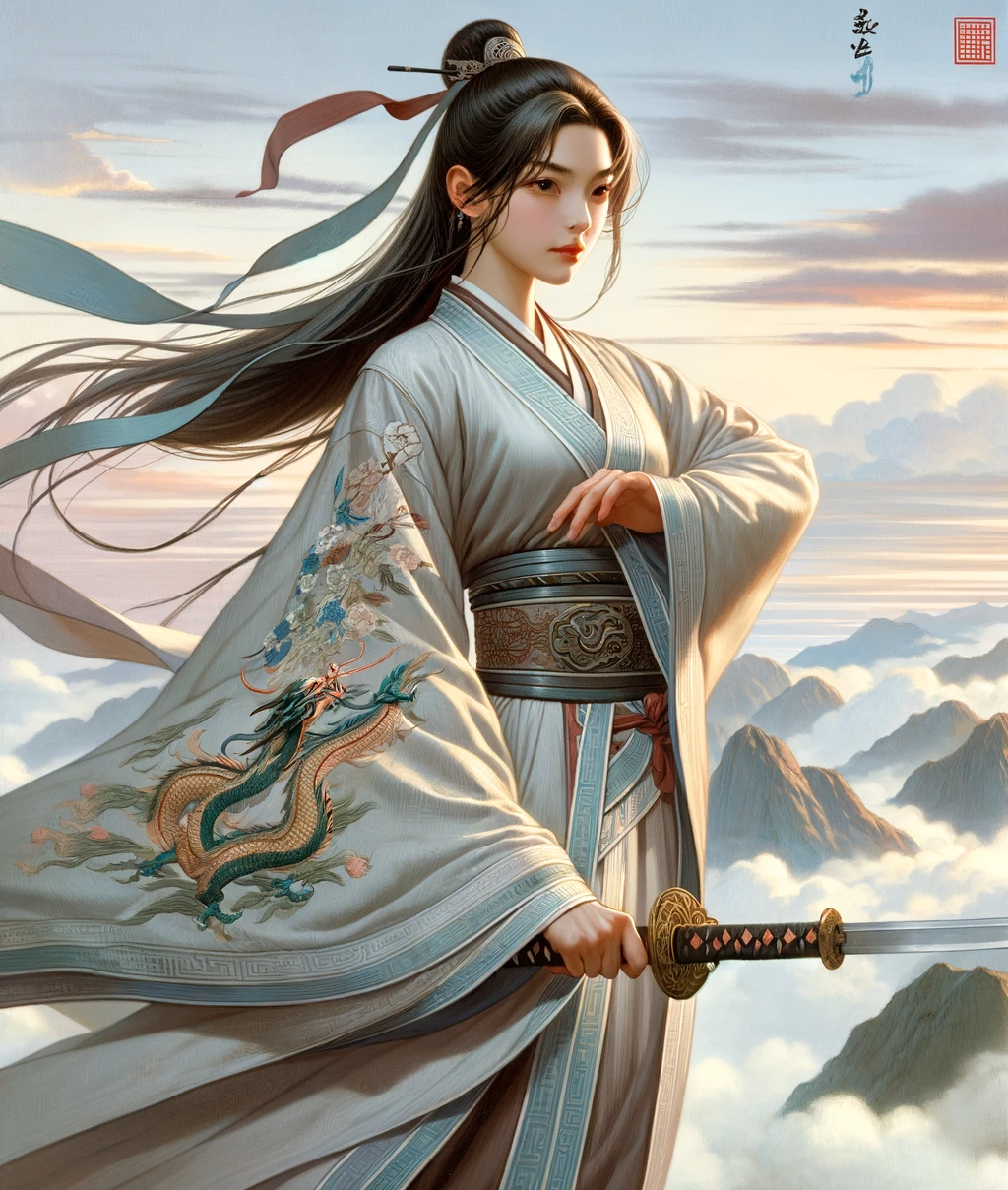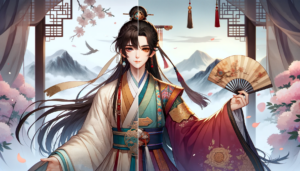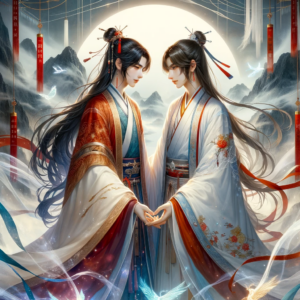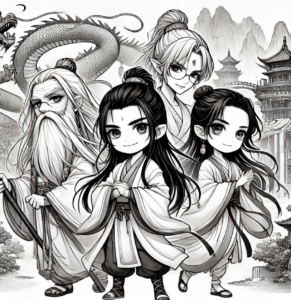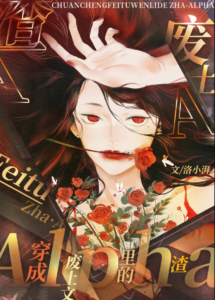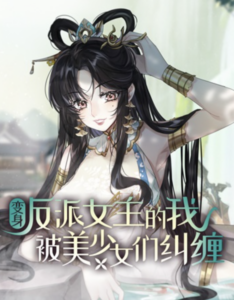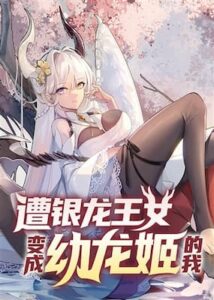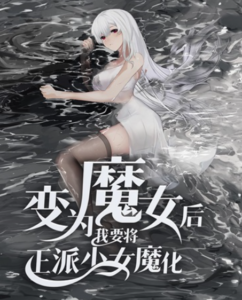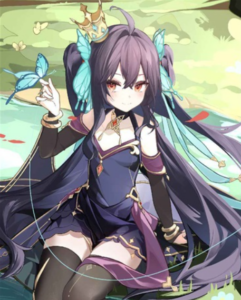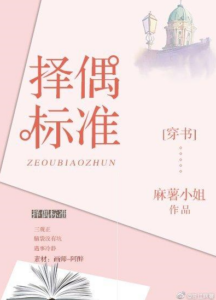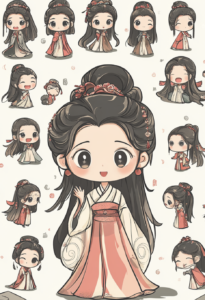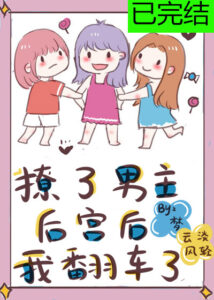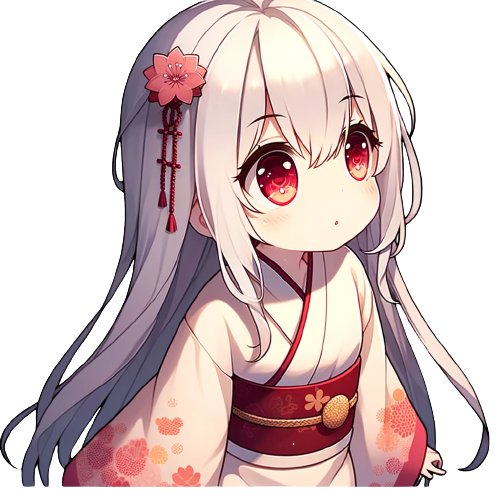As an avid reader and seasoned translator, I’ve come to appreciate the unique charm of Chinese light novels. These novels, often brimming with creativity and cultural richness, have a distinct set of tropes that set them apart from their counterparts. If you’re new to this genre or a veteran reader looking to deepen your understanding, you’ve come to the right place.
In this article, we’ll delve into the fascinating world of Chinese light novels, exploring the most common tropes that define them. From reincarnation and cultivation to the infamous ‘face-slapping’ scenes, these tropes are a quintessential part of the reading experience, adding depth and flavor to the plotlines.
But it’s not just about identifying these tropes. I’ll also be shedding light on their cultural significance, how they reflect Chinese society and values, and why they resonate with millions of readers worldwide. So buckle up, as we embark on this enlightening journey into the heart of Chinese light novels.
What are Tropes?
Tropes, you ask? Well, in the simplest terms, they’re recurring themes or elements that pop up across a specific genre or medium. They pack quite a punch and play key roles in defining the distinct flavor of the material they’re found in. And Chinese light novels, they’re no exception to this rule. They’re laden with some fascinating tropes, which makes them a go-to read at lightnovelsai.com for countless enthusiasts worldwide.
So let’s dig deeper. The tropes in Chinese light novels range across a broad spectrum. They touch upon fundamental themes like reincarnation, cultivation, and oh, the unforgettable ‘face-slapping’ scenes. When you spot these motifs in the stories, that’s when you know you’re truly immersed in the world of Chinese light novels.
Reincarnation, for instance, finds its roots deep in Chinese culture. It’s used as a plot device that adds a twist of mystery and awe to the storyline. Upon reincarnation, characters often regain their past life’s skills, setting the stage for a gripping – and oftentimes unpredictable – narrative.
Next up is cultivation, an element rooted in Taoist mysticism. It involves the path to immortality, an arduous journey that our protagonists undergo, honing their physical, mental, and spiritual selves. Cultivation can involve martial arts, meditation, and all sorts of unique practices depicted in the fascinating world of Chinese light novels.
And then there are ‘face-slapping’ scenes, a term that’ll put a smirk on many a reader’s face. These scenes are all about public humiliation, a tool to put arrogant characters in their place and show them who’s boss.
In a nutshell, tropes are the spices that add flavor to stories. In the Chinese light novel realm, they’re distinctive and mirror Chinese beliefs, culture, and values. That’s why they’re so resonant and connect with readers, both locally and globally. And this is just the tip of the iceberg—there’s so much more to explore on lightnovelsai.com. So go on, dive in and discover a world you’ll absolutely love.
Tropes in Chinese Light Novels
We’re peeking behind the curtain now, exploring the well-loved tropes that constitute Chinese Light Novels. These elements, though recurring, never cease to amuse and engage global readership. Let’s delve in, shall we?
Reincarnation
I’ve lost count of how often I’ve stumbled upon strong reincarnation themes in Chinese Light Novels. It’s as if death isn’t the end but a new starting point. Perhaps it has something to do with the country’s belief in the concept of cyclical existence. You can find numerous tales with reincarnation themes on lightnovelsai.com, where protagonists typically recall past lives or are reborn with enhanced capabilities.
Overpowered Protagonist
There’s no shortage of overpowered characters. Did you notice how conveniently talented they are, often possessing abilities that eclipse their adversaries’? It’s not just exciting but also satisfying to see the hero completely overthrow an enemy.
Harem
I’ll admit, the harem genre is not exclusive to Chinese Light Novels, but here it carries a unique charisma. Usually, the protagonist is surrounded by multiple attractive characters who develop feelings for them. Love it or hate it, the blend of romance, drama, and sometimes comedy keeps readers hooked.
Cultivation
Cultivation is undeniably one of the strongest tropes. It’s where characters aim to achieve immortality or higher power levels by spiritual meditation and martial arts practice. The genre resonates with Chinese philosophy and the cultivation of the soul and body.
Doting Love Interests
With doting love interests, prepare for an overdose of sweetness! This trope involves a character that expresses their affection relentlessly. Despite its sugariness, it’s one of the readers’ favorites, as it sets the stage for a fierce and passionate romance.
Face-slapping
This can be both symbolic or actual, but face-slapping scenes are often moments of public humiliation for antagonists, contrasted by glorious triumph for our protagonists. It’s a delicious moment of retribution that inadvertently reinforces justice in the story.
Hidden Abilities
Unleashing hidden abilities is always a draw; those moments when characters surpass their potential and exhibit unimaginable powers. These abilities are usually exclusive, hidden, or undiscovered until unleashed at the appropriate moment.
Wealth and Resources
We can’t ignore the trope where our heroes are often well-resourced or suddenly find themselves in possession of immense wealth. Be it an ancient relic, a unique beast, or a mine of mystical resources, this trope brings an exciting twist to the plot.
System and Game Elements
Light novels often blur the lines between reality and gaming. Characters gifted (or cursed) with game-like systems or literal world-shifts into games are not uncommon. They provide an entire new genre within Chinese Light Novels, drawing in lovers of MMORPGs and strategy games.
Time Travel
Finally, the time travel trope is another recurring theme. It’s a compelling tool that caters to our human desire to correct past mistakes or foresee the future. While it opens up a wealth of possibilities, it always seems to come with its own set of complications and paradoxes.
You’ll recognize these common themes across multitudes of stories on lightnovelsai.com. They shape the deep, often intricate plots, and make the narratives of Chinese Light Novels so engaging and distinctive. Every new story presents these tropes with a spin, keeping readers eager for the next installment.
The Impact of Tropes in Chinese Light Novels
As I delve further into the world of Chinese light novels, it’s clear that these tropes aren’t just random elements. They’ve had significant impacts, influencing both reader responses and the larger literary market. This doesn’t just exist in China but can be seen globally. Now, let’s get right into it.
Popularity and Fan Base
The unique tropes found in Chinese light novels have fueled a surge in their popularity. They’ve cultivated a passionate fan base worldwide, adventurers and seekers of the different, the intriguing, the culturally rich. The concept of reincarnation, cultivation, face-slapping, and the rest aren’t just entertaining—they’re gateways into a new culture, a rich heritage.
These tropes resonate with readers, sparking interest and cultivating a continuous hunger for more. They reflect Chinese beliefs and values and offer a distinct storytelling style that’s now hugely popular among ardent readers on lightnovelsai.com and elsewhere.
Criticism and Repetitiveness
But let’s not shy away from the criticism. Some argue that the repeated use of these tropes makes Chinese light novels predictable, sometimes even bordering on the monotonous.
The overpowered protagonist, time travel, hidden abilities–the argument goes that if you’ve read one, you’ve read them all. But I’m of the belief that the charm lies in the details. It’s in these myriad details that writers manage to distinguish their works, carving a niche, a distinct line of thought.
Influence on Other Novels and Media
The influence Chinese light novels have had, directly or indirectly, on other novels and media forms like anime and manga, is undeniable. Many non-Chinese works have adopted the cultivation trope, adding their unique spins to it and appealing to the same fan base.
The concept of reincarnation, the overpowered protagonist, the system and game elements–while still distinctly Chinese tropes–have found favor in various media forms.
The influence isn’t just one-way, mind you. Chinese light novels also absorb and incorporate elements from overseas media and culture, resulting in a fascinating cycle of cultural exchange.
Overall, the impact of these tropes on Chinese light novels is significant, coloring the reader’s experience and shaping the global literary landscape. It’s a prove that stories speak a universal language, weaving readers into their world, no matter where those readers come from.
Where Can I Read Chinese Light Novels With These Tropes for FREE?
Now that we’ve delved into the captivating world of Chinese light novels and their defining tropes, you’re probably itching to dive into some stories yourself. I’m here to tell you that it’s easier than ever to access these novels, and best of all, you can do so for free! Websites like lightnovelsai.com are great platforms where you can find a vast array of Chinese light novels featuring all the tropes we’ve discussed. From reincarnation sagas to cultivation epics, they’ve got it all.
Remember, while the tropes might seem repetitive, the devil’s in the details. It’s the unique spins and cultural nuances that make these novels a treat to read. So, don’t hesitate to immerse yourself in the engaging narratives and rich character development that Chinese light novels offer. They’re not just stories; they’re windows into another culture. And who knows? You might just find your next favorite read among these pages. Happy reading!
Frequently Asked Questions
Q: What are Chinese light novels?
Chinese light novels are a popular genre of novels in China, known for their fast-paced and addictive
storytelling style. They are often serialized online and feature elements such as reincarnation,
cultivation, and “face-slapping’ scenes.
Q: What are the common tropes in Chinese light novels?
The common tropes in Chinese light novels include reincarnation, cultivation, and “face-slapping’
scenes. Reincarnation refers to the protagonist being reborn into a new life, often with memories of
their past life. Cultivation revolves around the protagonist’s journey to become stronger through
training and mastering mystical arts. ‘Face-slapping’ scenes involve the protagonist proving their
worth and defeating arrogant or malicious characters.
Q: Why are these tropes significant?
These tropes in Chinese light novels reflect Chinese society and values. Reincarnation allows readers
to explore themes of rebirth and redemption. Cultivation reflects the Chinese emphasis on
self-improvement and perseverance. “Face-slapping’ scenes showcase the desire for justice and the
triumph of the underdog.
Q: How do these tropes resonate with readers worldwide?
These tropes resonate with readers worldwide due to their universal appeal. Themes of personal
growth, justice, and triumph over adversity are relatable and engaging. Additionally, the unique
spins and div that writers bring to their works add depth and excitement to the stories,
capturing readers” imaginations.
Q: Have these tropes influenced other forms of media?
Yes, Chinese light novels have influenced other forms of media, such as anime and manga. The
popularity of Chinese light novels has led to adaptations in various formats, attracting a wider
audience and spreading these tropes to a global scale. Additionally, Chinese light novels have
incorporated elements from overseas media and culture, creating a fusion of storytelling styles.
Q: What impact do these tropes have on the global literary landscape?
These tropes have had a significant impact on the global literary landscape by cultivating a
passionate fan base. Chinese light novels have gained popularity worldwide, reaching readers who
appreciate their unique storytelling elements. While some criticize the repetitive use of these
tropes, others argue that the charm lies in the div and the fresh perspectives that writers
bring to their works. Ultimately, these tropes shape the readers’ experience and contribute to the
diversity of the literary world.
